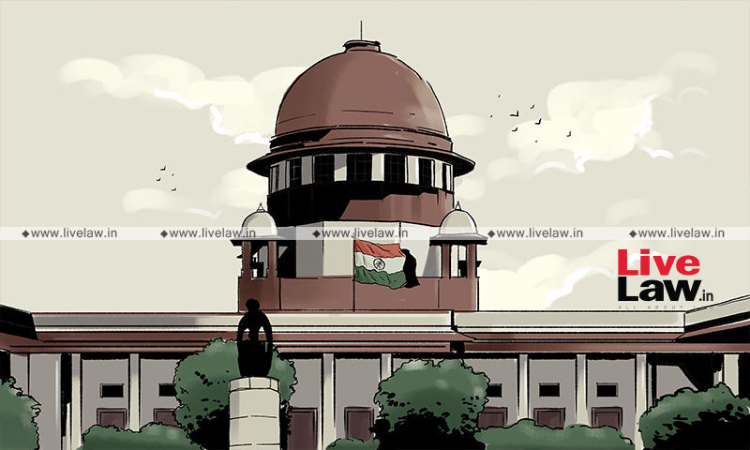When Remedy Under Statute Is Available, High Court Should Discourage Writs: Supreme Court Reiterates
Shruti Kakkar
7 Jun 2022 10:45 AM IST

Next Story
7 Jun 2022 10:45 AM IST
The Supreme Court recently reiterated that when a remedy under the statute is available, filing of a writ petition under Article 226 of the Constitution is to be discouraged by the High Court. The bench of Justices Ajay Rastogi & Vikram Nath rendered this observation while considering SLP preferred by secured creditor assailing Telangana HC's orders passed in a...
